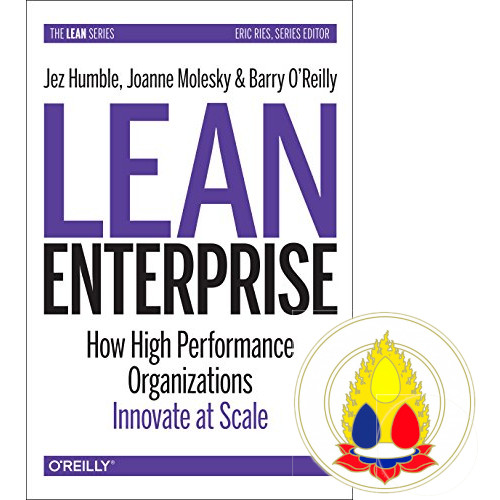
A core Buddhist teaching is that of “no self”. It suggests that while we may feel like we have a fixed persistent self, or soul - this is not actually true - we don’t have one.
read moreI’m Malcolm Holmes. I’m a software engineer, Buddhist and innovator.
I’m deeply interested in the impact of modern neuroscience on the understanding of traditional spiritual and religious teachings, and how scientific understanding can lead to more efficient teachings that reduce human suffering.
Know more Contact me
What I've been thinking about recently

A core Buddhist teaching is that of “no self”. It suggests that while we may feel like we have a fixed persistent self, or soul - this is not actually true - we don’t have one.
read more
I’d like to share a slightly different topic from usual, based on lived experience over the last decade.
It is a fact of life that not all parents stay together. And following on from that, people begin relationships with people who have children from previous relationships.
read more
Some while ago, in Buddhism and Direct Pointing, I touched on the Buddhist Ten Fetters teaching, that has proven itself to be both profound and life-changing for many in recent times. The Odoki Method, draws heavily on this, while adding supporting practices to make inquiry into the Ten Fetters even more impactful.
read more
In the 1980s, as a teenager, I developed a Logo implementation for the BBC Micro, which was widely used in UK schools.
read more
The Odoki Method draws on the Buddhist Ten Fetters teaching. In the Odoki Method, the Stage 4 inquiry tackles “reactivity”, particularly how to fundamentally undermine our ability to react. This is drawn from the insights in Ten Fetters of the fourth and fifth fetters of desire and ill will.
read more
This post is most likely of interest to those who are already familiar with the Triratna Buddhist movement, and have witnessed the arrival of Liberation Unleashed and the Ten Fetters community.
read more
Things I've done

Odoki Method
A broad method aimed at “Deep Wellbeing”, a form of wellbeing that is independent of external circumstance.

Parents Meditation
A site and online course sharing an approach to meditation that can work for parents of any age.

Yan Shou Gong UK
A site detailing activities in the UK relating to Yan Shou Gong, a form of Nei Gong, an internal martial art of chinese origin.

Mouthpiece Generator
A collaboration with Peter Holmes, to make a parameterised generator for brass instrument mouthpieces.

Grizzly
A command line utility for Grafana facilitating the move of the source of truth for dashboards and more out of the Grafana database and into version control.
What I've learned from
What I hope to learn from
Receive updates when I have something meaningful to share.